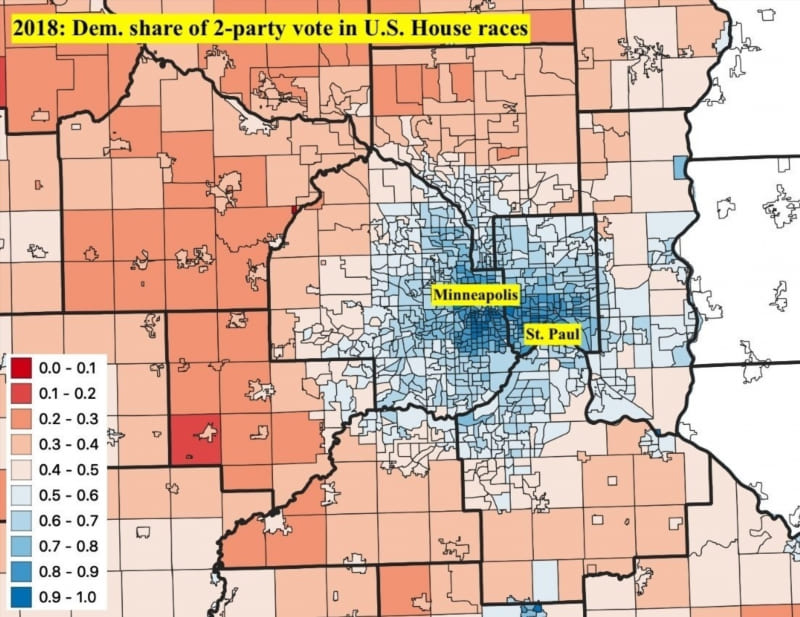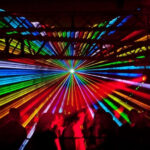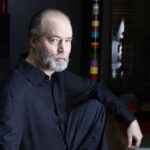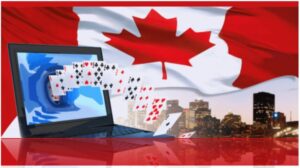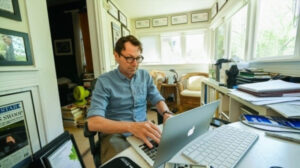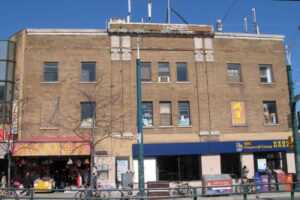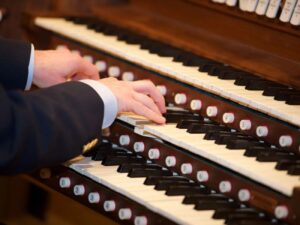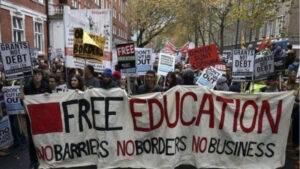Toronto, a bustling metropolitan city, often finds itself in the midst of political events that shape its present and future. The 2011 St. Paul’s election was no exception. So, who exactly were these figures that threw their hats in the ring? Let’s take a journey through the political labyrinth and discover.
1. The Political Landscape of St. Paul’s
Toronto’s St. Paul’s has a reputation for being a hotbed of political activity. Its eclectic mix of cultures, traditions, and ideologies has always made it a microcosm of the broader Canadian narrative. But what made 2011 so special?
Changing Winds in the Political Arena
By 2011, St. Paul’s was yearning for change. It wasn’t just about parties and their manifestos; it was about finding candidates who could represent the diversity of thought and ethnicity. Change—that was the word on the street.
The Role of Local Issues
Local issues played a huge role. From infrastructure concerns to socio-cultural topics, each candidate was expected to have their finger on the pulse of local sentiments.
2. Notable Candidates: A Closer Look

The 2011 St. Paul’s election was no child’s play. With stakes high, several impressive figures stepped forward. Let’s delve into some of the key players.
The Veteran Politician
With years of experience under their belt, this candidate had seen it all. Their campaign revolved around a promise of stability. Leveraging their vast network, they often quoted, “Experience is the best teacher.”
The Fresh Face
Emerging from the younger echelons of society, this candidate brought forth a promise of new perspectives. They emphasized the importance of youth involvement in political processes. With a vigor often unseen in the corridors of politics, they exclaimed, “Out with the old, in with the new!”
The Grassroots Advocate
Deeply connected with the community, this candidate championed the causes of the common man. Advocacy for local businesses, schools, and healthcare were their top priorities. Their motto? “By the community, for the community.”
3. The Role of Media: Setting the Stage
Ah, the media! The silent puppeteer in every election. In 2011, their role was nothing short of pivotal.
Traditional Media vs. Digital Outlets
While newspapers and TV channels had their influence, digital platforms, especially social media, were gaining ground. Candidates had to be tech-savvy, ensuring their messages resonated in both realms.
Fact-checking: The Guardian of Truth
With fake news gaining traction, fact-checking became more important than ever. Platforms dedicated to verifying claims, like Wikipedia, played a crucial role in shaping public perception.
4. Public Reactions: The Pulse of St. Paul’s
Feedback is the breakfast of champions, they say. And the reactions of St. Paul’s denizens were essential feedback for the candidates.
- Public Forums and Town Halls: These were the stages where candidates faced direct questions from the public. Often, the real mettle of a candidate was tested here.
- Online Engagement: Comments sections, Twitter threads, and Facebook posts became the new-age public squares. Here, netizens discussed, debated, and sometimes, just vented.
- Opinion Polls: Ah! The numbers game. These polls, often organized by media houses, tried to gauge the mood of the electorate. Yet, as history shows, they weren’t always spot on!
5. Post-election Reflections: What Did We Learn?
Once the dust had settled, it was time for introspection. What had St. Paul’s taught us in 2011?
The Power of Engagement
It’s not just about casting the vote. It’s about being involved in the process, questioning, supporting, or opposing based on informed decisions.
The Promise of Democracy
St. Paul’s 2011 was a testament to the power of democracy. It reaffirmed that every voice matters, every opinion counts.
The Perseverance for a Better Tomorrow
Whether one’s preferred candidate won or lost, the spirit of St. Paul’s remained undeterred. The quest for a better tomorrow, a brighter future, continued unabated.
So, what’s the final word on Toronto’s St. Paul’s 2011 election? It was a dance of democracy, a carnival of ideas, and a celebration of diversity. And while elections come and go, the memories of this particular one will remain etched in the annals of history.

